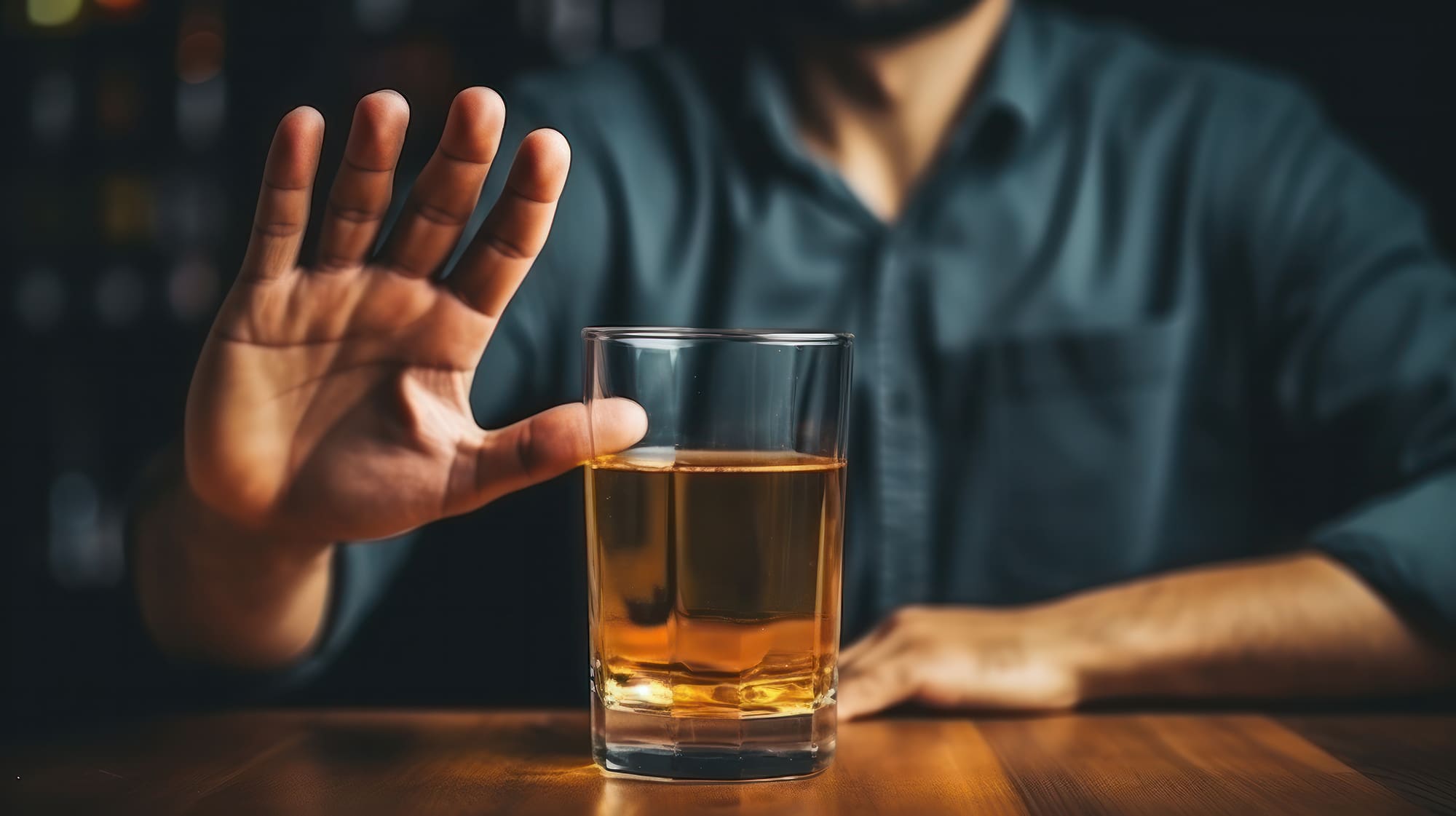
The Danger of Impaired Safety When Drunk: Protecting Yourself and Others
Alcohol is one of the most common substances people use to relax, celebrate, or socialize. However, excessive drinking can severely impair judgment, reflexes, and awareness, leading to unsafe situations. Understanding these risks is crucial to making informed choices about your safety and that of those around you.
How Alcohol Impairs Safety
1. Reduced Judgment
Alcohol affects the brain’s decision-making processes, often leading to risky behaviors like wandering in unsafe areas, engaging with strangers, or neglecting personal safety measures. This can result in accidents, injuries, or exploitation.
2. Slower Reflexes and Coordination
Drinking slows reaction times and impairs motor skills. This is especially dangerous in situations like driving, crossing streets, or navigating crowded areas.
3. Lowered Awareness
Alcohol diminishes situational awareness, making it harder to recognize threats or unsafe conditions. This makes individuals more vulnerable to theft, assault, or accidents.
4. Emotional Volatility
Alcohol can amplify emotions, increasing the likelihood of conflicts, aggression, or poor responses in tense situations. Many public altercations involve one or more intoxicated individuals.
Common Risks of Being Drunk in Public
• Accidents: Slips, falls, or walking into traffic are common hazards when motor skills are compromised.
• Theft and Assault: Intoxicated individuals are often targeted by thieves or predators because they appear vulnerable.
• Legal Issues: Public intoxication or disorderly conduct can lead to arrests or fines.
• Health Risks: Dehydration, alcohol poisoning, or neglect of medical needs (e.g., not noticing injuries) can worsen outcomes.
Tips to Stay Safer When Drinking
1. Plan Ahead: Arrange for a safe way to get home, such as a trusted designated driver or a rideshare service.
2. Stay With Friends: Avoid being alone while intoxicated. Friends can look out for you and help you stay safe.
3. Drink Responsibly: Know your limits and pace yourself with water or non-alcoholic beverages between drinks.
4. Carry Essentials: Always have your phone, ID, and enough money for a taxi in case of emergencies.
5. Be Aware of Your Surroundings: Avoid secluded or poorly lit areas, and stay in places where there are other people.
Conclusion
While drinking can be enjoyable in moderation, being drunk compromises your ability to stay safe. Planning ahead, drinking responsibly, and relying on friends or designated support can help you avoid dangerous situations. Always prioritize your safety—and remember that avoiding alcohol altogether in high-risk settings is a perfectly valid choice.
Stay informed, make good choices, and help others do the same. For resources or advice on alcohol-related safety, visit organizations like Drinkaware or the National Institute on Alcohol Abuse and Alcoholism (NIAAA).